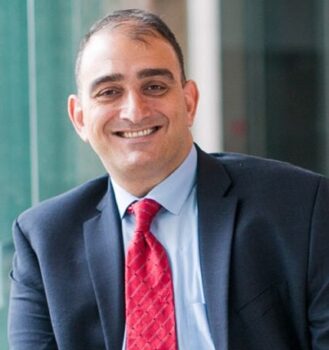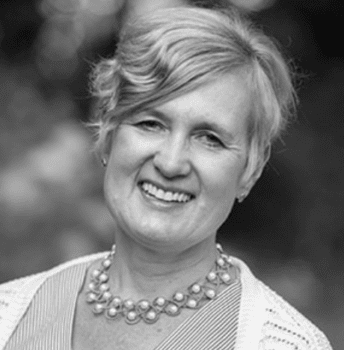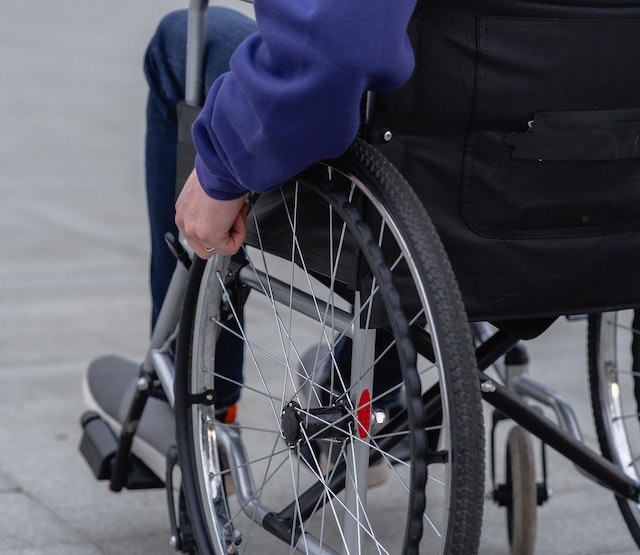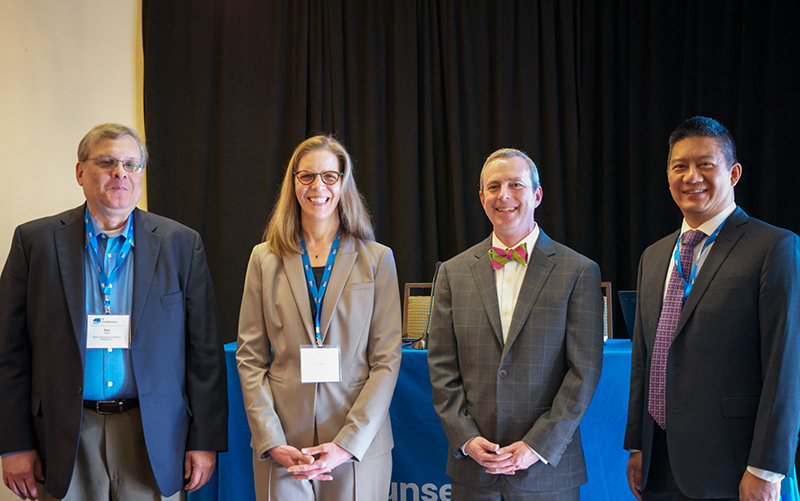May 18 is Global Accessibility Awareness Day (GAAD), which takes place every third Thursday of May each year and is an important reminder of the challenges faced by those living with limited mobility.
At this moment, there are approximately 302,000 people living with spinal cord injury (SCI) in the United States, according to the Christopher & Dana Reeve Foundation, and the United States sees 18,000 new cases of SCI every year.

Bio.News connected with the United Spinal Association’s CEO and President Vincenzo Piscopo and ReNetX Bio, Inc.’s CEO Erika Smith, MBA, who is also a Biotechnology Innovation Organization (BIO) board member, on the important work being done now—and what needs to happen tomorrow and beyond—to better address accessibility challenges.
“The United Spinal Association focuses on improving our members’ quality of life in every way possible, including through our Tech Access Initiative,” says Piscopo to Bio.News. This initiative is essential to tackling the challenges of ensuring there is tech equity and that those living with accessibility challenges can have more opportunities.
“Our wheelchair-using members often participate in online research studies for our pharma partners and hospital members, including most of our nation’s premier rehab institutes. Many can only be included because of digital accessibility in the form of voice recognition software, headsets, specialized keyboards and mice,” Piscopo adds.

“At ReNetX, we are committed to harnessing both resilience and restoration for ophthalmological and neurological disorders,” emphasizes Smith.
“For us, Global Accessibility Awareness Day is a reminder to redouble our efforts and continue our work for all those who are living with accessibility challenges.”
Accessibility in the post-COVID era
Individuals living with accessibility challenges faced great economic difficulties during the COVID pandemic, but Piscopo tells Bio.News that their members are benefitting from the lessons learned during COVID. “Thanks to the adoption of technological solutions, employers have been able to tap into our talented community members, no matter where they live, and our employment rate has risen quickly.”
Ultimately, to keep this trend going in the right direction, there must be greater access to digital technology, and employers must continue to be encouraged to seek out new talent with less geographic boundaries. According to Piscopo, employers should “hire within our community first.” This makes sense because, “after all, our members have more experience with technology,” due to the role technological advances have played in increasing the quality of life of those living with accessibility challenges.
How to be better allies and advocates
Today and every day, there is so much that allies and advocates can do to help advance awareness about accessibility issues. “Our allies and fellow advocates can help us spread the word by sharing our blogs explaining what GAAD is and why we celebrate this day with pride,” Piscopo tells Bio.News.
Furthermore, Piscopo states that organizations can join United Spinal’s Tech Access Council to further tech inclusion. Meanwhile, individuals can advocate with United Spinal by signing up for a free United Spinal membership.
Looking beyond the digital landscape, Piscopo highlights United Spinal’s Accessibility Services, which strives to ensure a built environment is accessible for the organization’s members and for all people living with disabilities.
“We are working to advance critically important research and development that will lead to better patient outcomes, and for patients facing spinal cord injury, every day must be a Global Accessibility Awareness Day,” Smith tells Bio.News.
Michele Oshman, BIO’s Vice President for External Affairs says BIO is committed to supporting innovation that will lead to better patient outcomes. On this Global Accessibility Awareness Day, Oshman underscores BIO’s appreciation for dedicated patient advocates such as United Spinal and their members, and states that “BIO is incredibly proud of industry leaders like ReNetX CEO Erika Smith, who are committed to doing important work today that will lead to essential breakthroughs of tomorrow.”




